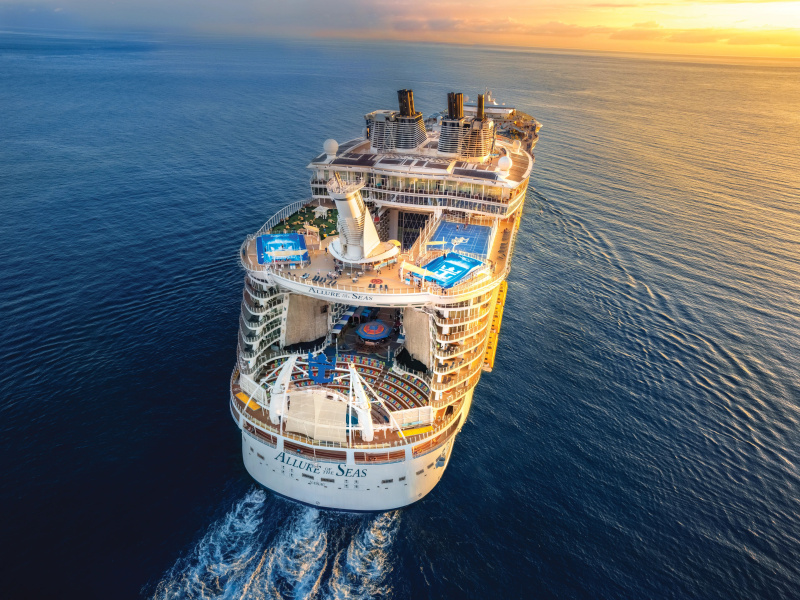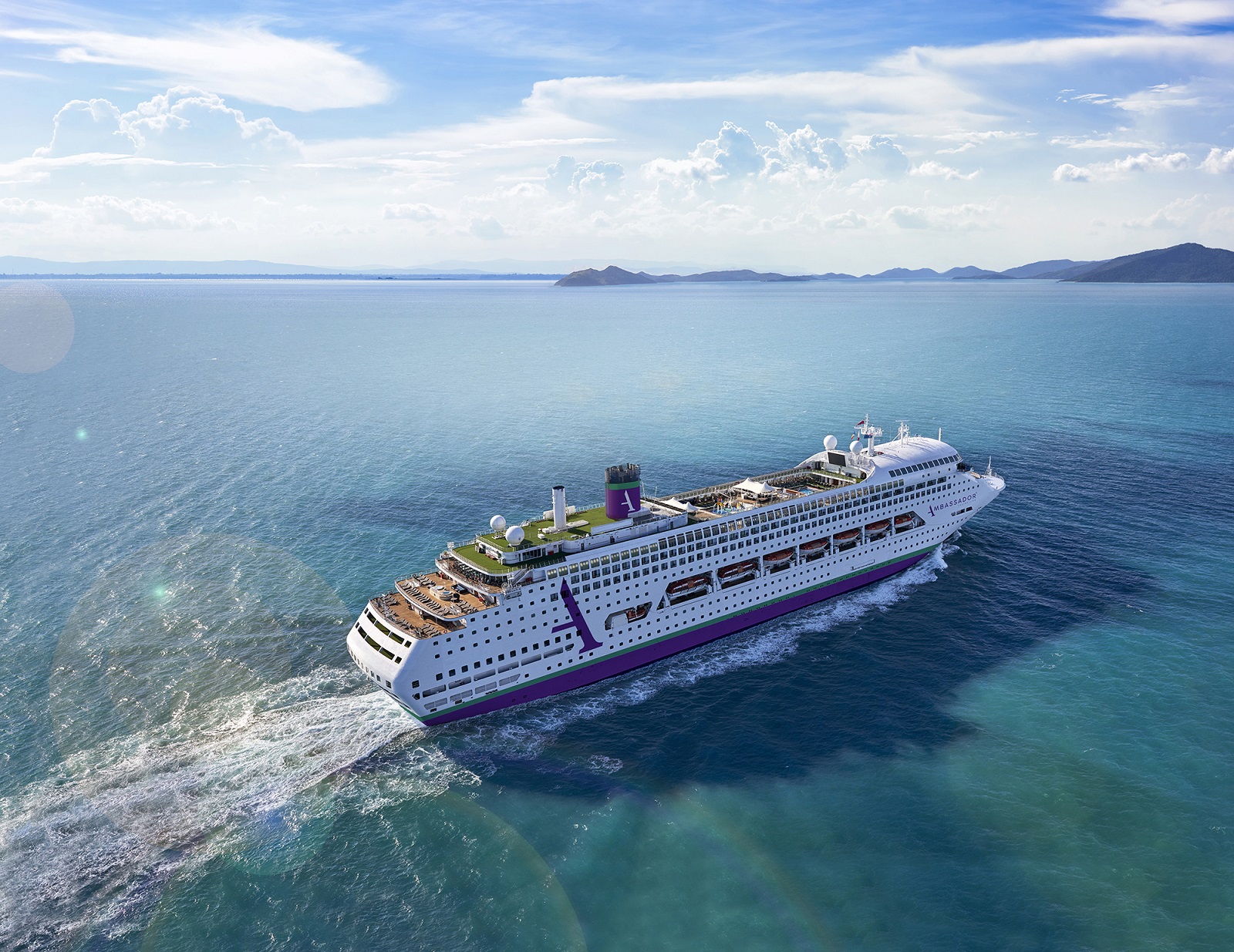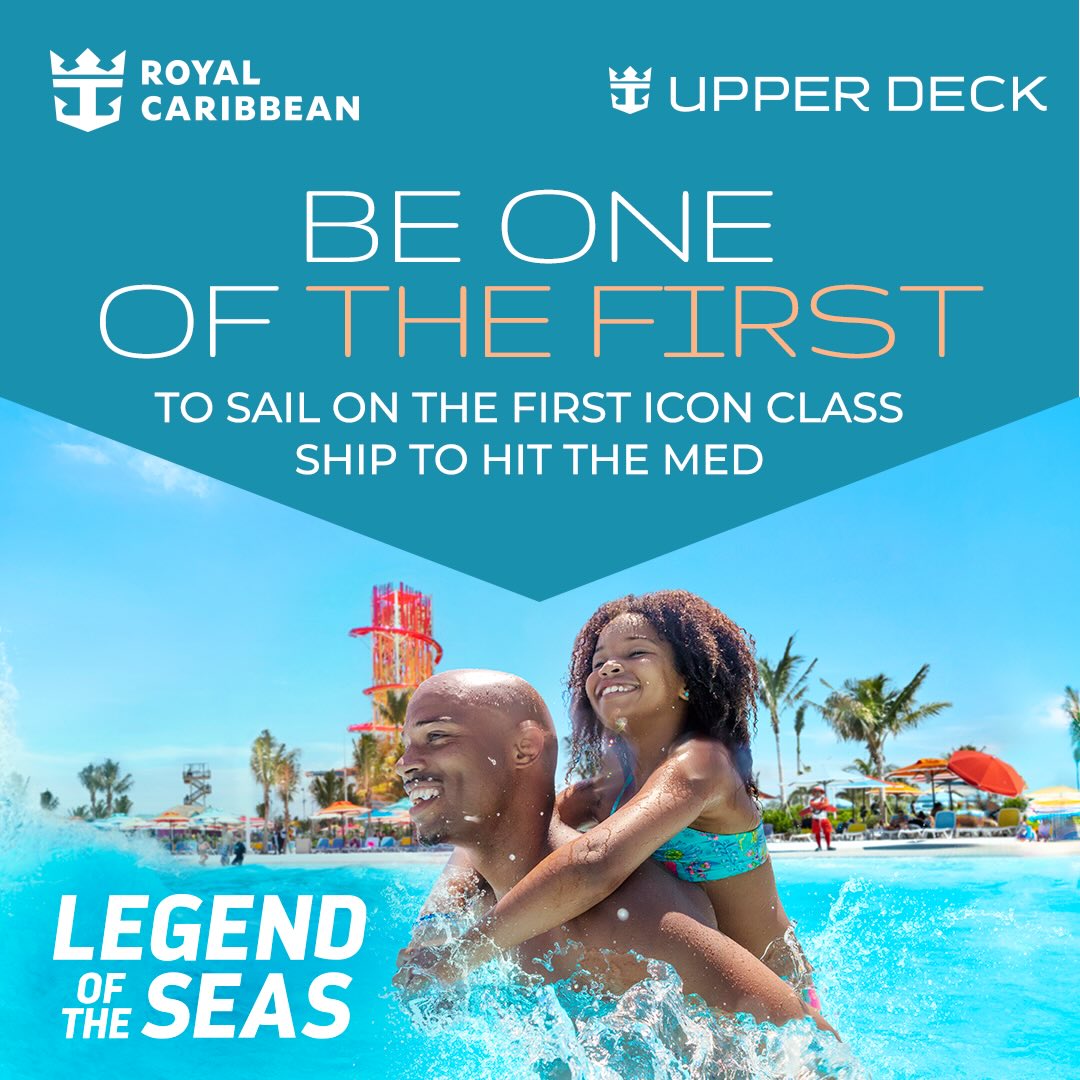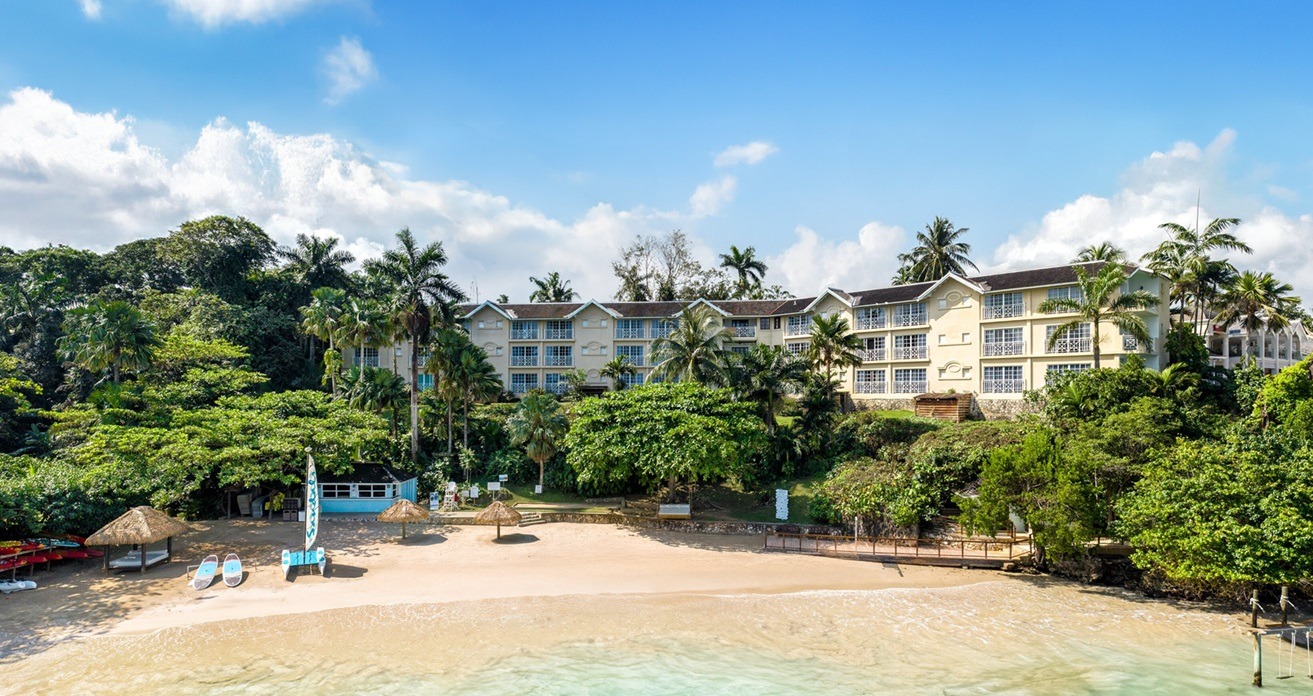Ry in OceanScope, an open-source data programme that provides scientists with “critical information to study climate and ocean conservation.”
The group said that the programme’s renewal on World Oceans Day builds on over 20 years of ocean and marine life research from Royal Caribbean Group ships.
Royal Caribbean is also collaborating with the University Of Miami Rosenstiel School Of Marine, Atmospheric, and Earth Science, NASA, and the National Oceanic and Atmospheric Administration (NOAA).
A comprehensive suite of oceanographic and meteorological instruments located onboard Royal Caribbean Group ships generates continuous, simultaneous collection of the ocean’s vital signs.
This includes the structure of currents, sea surface temperature, carbon dioxide concentrations, and salinity taken along the repetitive ship routes.
This allows scientists to monitor changes on scales of seasons, years, and even decades.
Jason Liberty, President and CEO, Royal Caribbean Group, said:
“At Royal Caribbean Group, every day is World Oceans Day – and we are thrilled to renew a programme as impactful to oceanic research as OceanScope.
“We’re dedicated to sustaining our planet and delivering the best vacations, responsibly and our decades-long support of this unique initiative is testament to that.
“We can’t wait to see how OceanScope, and our scientific collaborators progress our understanding of ocean health and conservation.”
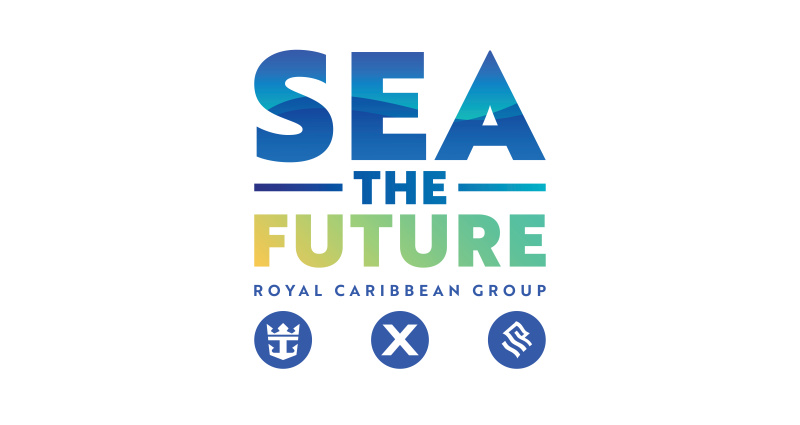
OceanScope’s open-source database is available to the international scientific research community worldwide.
The resulting data products and peer-reviewed research are key to informing ocean and conservation policy.
Royal Caribbean Group’s conservation work extends beyond OceanScope, with the company championing a broader commitment to sustaining the planet as part of its SEA the Future platform.
Royal Caribbean Group is actively working to decarbonize its business through innovation, collaborative partnerships and a transition to cleaner fuels, smarter technologies, and improved energy efficiencies.
Ultimately, the company’s efforts are driving toward – Destination Net Zero – a commitment to reach net zero by 2050 and to deliver a net-zero emissions cruise ship by 2035.
To learn more about Royal Caribbean Group’s efforts to sustain our planet, energize communities and accelerate innovation, please visit http://www.royalcaribbeangroup.com/SEAtheFuture.

